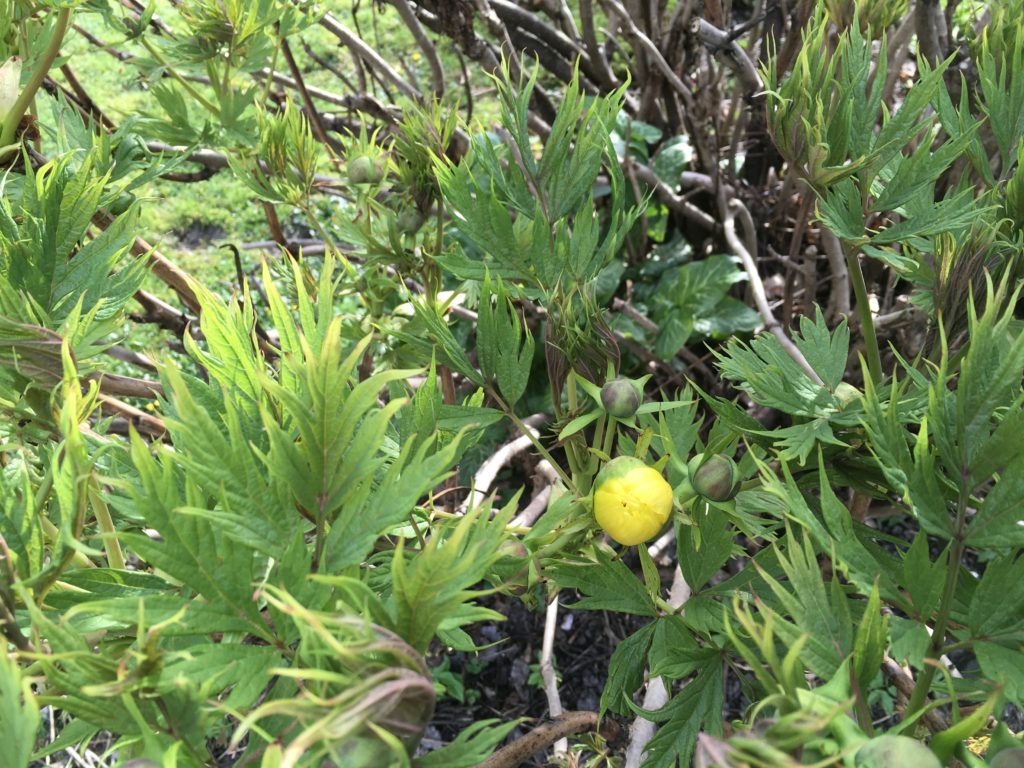Reflection for Low Sunday
“The doors of the house were locked for fear… Jesus came and stood among them and said, “Peace be with you.”…. Then the disciples rejoiced.” From John 20:19-29.
A small part of the ceiling at St. Melangell’s church fell into the aisle and a pew recently, in Holy Week. It seems this was due to unseen damage caused by Storm Eunice and it meant that, with pilgrim groups arriving as well as increasing numbers of visitors after Covid and the special services for that Week, some of the nave had to be closed. It wasn’t the best of times for this to happen!
In a way, it’s ironic, as it’s thirty years this May since the church reopened with a service of thanksgiving after its restoration. So much planning, fund raising and sheer hard work went into this and many different people were involved, often wearing hard hats and protective work clothes. The fall of plaster this year meant that, in the Easter Day service, the Guardian wore a hard hat (appropriately bearing the brand Centurion!) for part of the service as a humourous reminder that there is always risk around us and that we need to expect the unexpected.
It’s significant that some of the ceiling collapsed at this time, when so much of our national and international lives and values are also under such pressure from the ongoing war in Ukraine, the consequences of the pandemic, Partygate, the huge rise in living costs and the fear of having to choose between eating and heating. The roof has now been checked and it’s clear that there are further problems with it. However, we‘ll be able to trust the experience of the architect, the insurance company and the skilled plasterer to put matters right in due course so that the building here may continue for generations to come.
Trust was clearly an issue for those frightened disciples locked away in the upper room. Having thought that Jesus had been killed, they fled at his crucifixion rather than face the risk that the same might happen to them. In the Gospel today, they are gathered in the upper room, shut in by fear as well as locks as they struggle to come to terms with what has happened. However, when they see Jesus and he shows them the marks of what he’s been through, they recognise him because of the peace he brings to them and the scars of his wounds. They begin to rejoice that they have seen him and Jesus both confers the Holy Spirit upon them and gives them authority to forgive sins. Yet, as the disciples are in the same room a week later, it seems they may have difficulty with overcoming their fear and actually accepting what has happened. The disciples have been given power and authority but are not yet able to accept this or use it as they – understandably! – struggle to come to terms with all this. They are called to do what they are not yet able to and it is when doubting Thomas wants to not only see but touch the wounds of Jesus and calls him not just Lord but God that belief begins to emerge – and the disciples also begin to emerge from their risk aversion. In wrestling to accept what has happened, their experience eventually leads to the rebuilding of faith and the emergence of the early church through overcoming their fear which leads to them being willing to take risks for the sake of the Gospel, creating the heritage we now have in our generation. Although so much around us seems to be crumbling and disintegrating under the pressure, the example of those disciples then may enable us, today, to find resurrection hope beginning to emerge despite the circumstances and doubts we face.
Today is Easter Sunday in the Orthodox Churches and, in the midst of warfare, fear and suffering, the brave words of Archbishop Sviatoslav Shevchuk, head of the Ukrainian Greek Catholic Church, may echo in hearts seeking emergent resurrection hope:“In the light of the resurrection, Pasch is the feast of the victory of love over hatred, of joy over sorrow, of peace over war, of patience over panic, of kindness over anger, of faithfulness over betrayal, of gentleness over unrest, of self control over verosity….of the spirit over flesh, of truth over mendacity, of life over death.”
Amen!
With my prayers; pob bendith,
Christine, Guardian.


